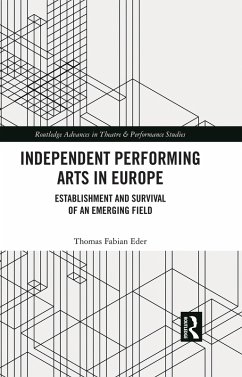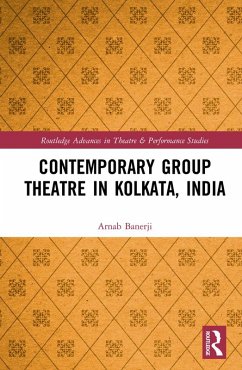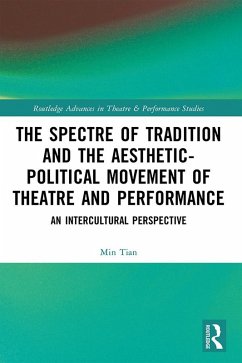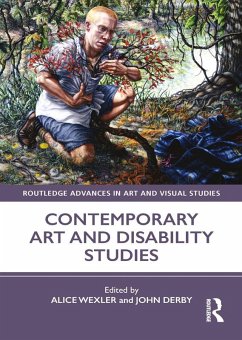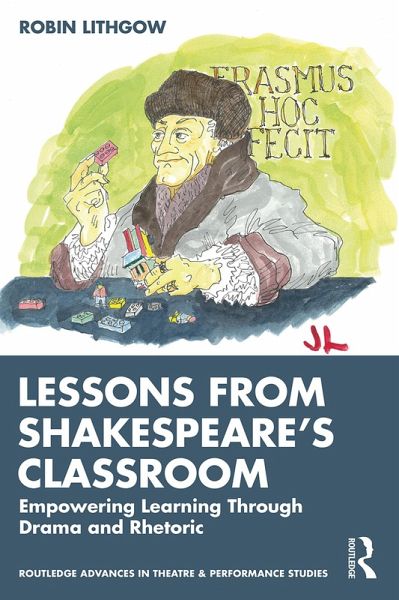
Lessons from Shakespeare's Classroom (eBook, PDF)
Empowering Learning Through Drama and Rhetoric
Versandkostenfrei!
Sofort per Download lieferbar
36,95 €
inkl. MwSt.
Weitere Ausgaben:

PAYBACK Punkte
18 °P sammeln!
This volume explores the relationship between the emphasis on performance in Elizabethan humanist education and the flourishing of literary brilliance around the turn of the sixteenth century.This study asks us what lessons we can learn today from Shakespeare's Latin grammar school. What were the cognitive benefits of an education so deeply rooted in what Demosthenes and Quintilian called "actio"-acting? Because of the vast difference between educational practice then and now, we have not often followed one essential thread: the focus on performance. This study examines the connections relevan...
This volume explores the relationship between the emphasis on performance in Elizabethan humanist education and the flourishing of literary brilliance around the turn of the sixteenth century.
This study asks us what lessons we can learn today from Shakespeare's Latin grammar school. What were the cognitive benefits of an education so deeply rooted in what Demosthenes and Quintilian called "actio"-acting? Because of the vast difference between educational practice then and now, we have not often followed one essential thread: the focus on performance. This study examines the connections relevant to the education offered in schools today.
This book will be of great interest to teachers, scholars, and administrators in performing arts and education.
This study asks us what lessons we can learn today from Shakespeare's Latin grammar school. What were the cognitive benefits of an education so deeply rooted in what Demosthenes and Quintilian called "actio"-acting? Because of the vast difference between educational practice then and now, we have not often followed one essential thread: the focus on performance. This study examines the connections relevant to the education offered in schools today.
This book will be of great interest to teachers, scholars, and administrators in performing arts and education.
Dieser Download kann aus rechtlichen Gründen nur mit Rechnungsadresse in A, B, BG, CY, CZ, D, DK, EW, E, FIN, F, GR, HR, H, IRL, I, LT, L, LR, M, NL, PL, P, R, S, SLO, SK ausgeliefert werden.










